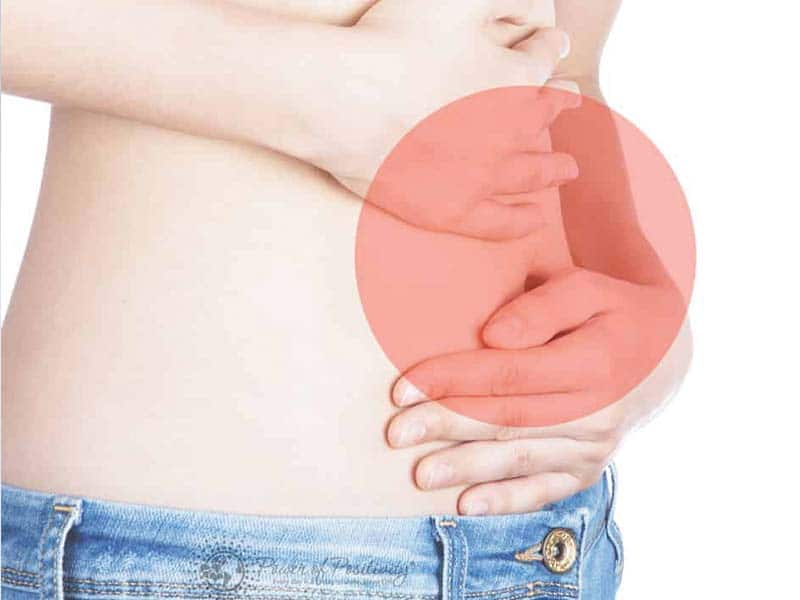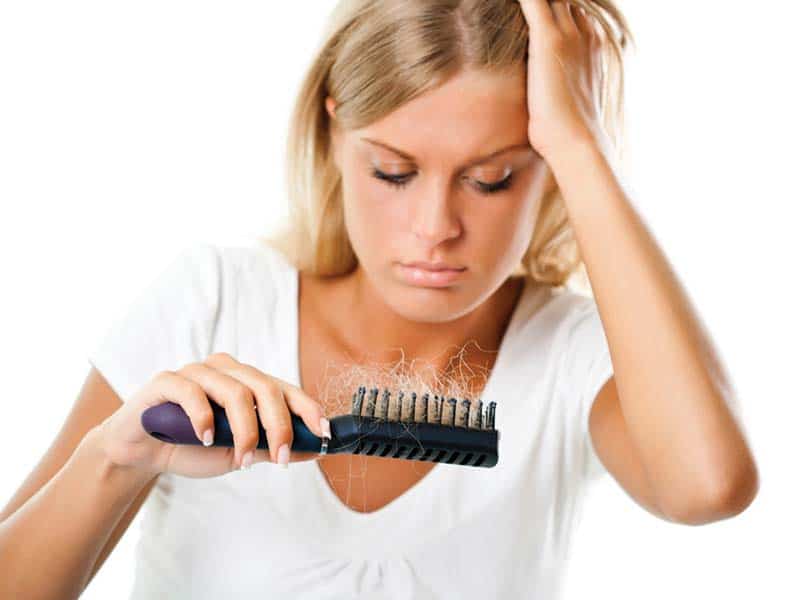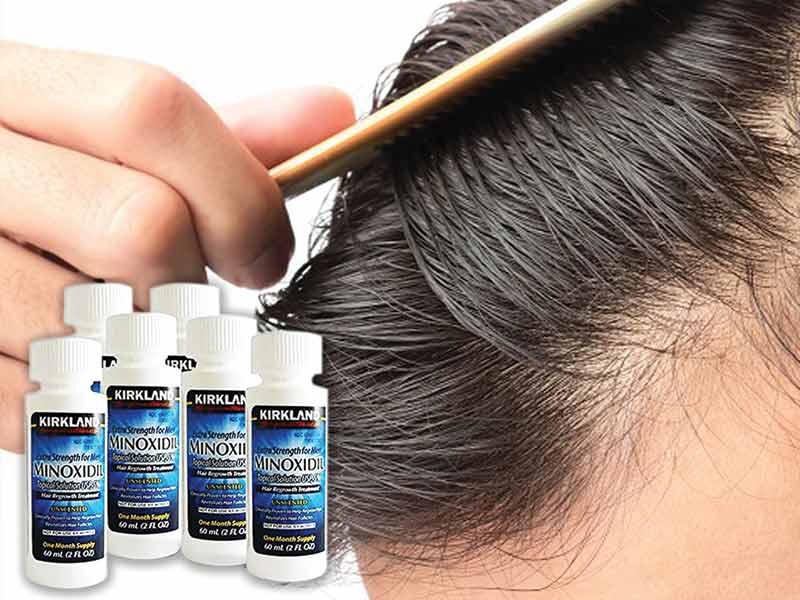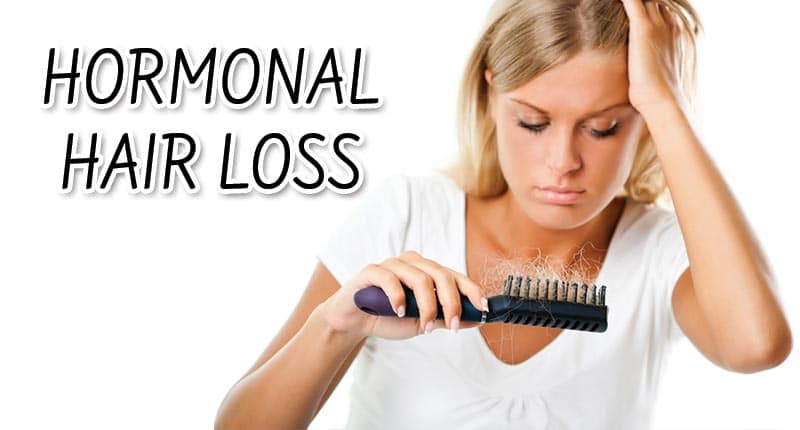Worrying because your hair starts losing too much. You see your hair everywhere, on the collar, pillows, comb and on the shower drain. Why? Many reasons can cause hair loss, such as stress, lack of nutrients, age, etc. And hormonal change is also the main culprits causing hair loss, especially in women.
The hormonal imbalance will cause hair breakage, leading to hair loss. Lewigs‘ blog post today may help you covered with hormonal hair loss and how to stop this hair problem. Keep reading to get some treatments to keep your existing hair stay healthy.
Table of Contents
Hormonal Imbalance
This imbalance happens when the hormones in the bloodstream are not produced at the proper levels. Hormones are chemical messengers that are made by glands in the endocrine system of the body. They are secreted into the bloodstream, then they are carried to many tissues and organs of our body. Each type of hormone act on different functions and processes.
Because hormones are necessary for regulating most major bodily processes, hormonal – imbalance a wide range of health problems:

– Unexplained weight loss
– Excessive sweating
– Difficulty sleeping
– Dry skin
– Changes in blood pressure
– Heart rate change
– Irritability and anxiety
– Headaches
– Thinning and brittle hair, and more.
Hormonal change is a normal sign of the body. Women naturally experience this change throughout the lifetime, during puberty, menstruation, pregnancy, childbirth, breastfeeding, and menopause.
Related posts:
- Do Wigs Cause Hair Loss? The Fact Is…
- 6 Winning Tactics For How To Stop Keto Hair Loss
- Minoxidil For Hair Loss Secrets That No One Else Knows About
Hormonal Imbalance And Hair Loss
Hair loss due to hormonal imbalance is the most common problem in women. The specific hormone responsible for hair loss is dihydrotestosterone, also called DHT. The body makes this type of hormone as a byproduct of testosterone. In women, the body has a small amount of testosterone and a large amount of estrogen and progesterone hormones.
Testosterone is responsible for several functions in the body, including used as a precursor for other hormones such as DHT. The 5α-Reductase enzyme contributes to transforming testosterone into dihydrotestosterone in tissue such as follicles, skin, etc. Still, DHT affects negatively on the hair on the head. It miniaturizes hair follicles, stopping hair growth and causing hair loss. Many said that DHT is the enemy of hair follicles on the scalp.

Hormonal change in menopause
Does hormonal imbalance cause hair loss? In simple terms, women experience hormonal imbalance during menopause. The body will reduce the production of estrogen and progesterone hormones. It often causes hormonal hair loss female. Alongside with the decline of hormone production, the DHT level can increase in this period. Therefore, this affects the hairline and hair thickness. That’s why many women at the age of 50s to 60s notice their hair density steady decline. As a whole, menopause causes hormonal imbalance, leading to hair loss. However, female-pattern hair loss during menopause is treatable.
Similarly, the change in hormone level in the blood during pregnancy, childbirth or breastfeeding also causes hormonal hair loss women.
Hormonal Hair Loss Treatment
Can hormonal hair loss be reversed? Of course. Taking medications and apply natural remedies to treat hormonal hair loss in women. They include the following:
Maintain eating habit to balance hormone
If you don’t eat nutrient-dense foods, your body can’t produce enough hormones and stay balanced. So this is one of the most useful hormonal hair loss natural remedies. The food source you eat will contribute to balance the hormone in your body. Eat food that contains protein, healthy fats, and carbohydrates. Focus on brightly colored vegetables, nuts, and seeds, beans, seafood, meat, etc. Maintain healthy eating habits as hormonal hair loss remedies.

Exercise
This is an amazing female hormonal hair loss treatment. It aids to reduce balance hormones, lowers stress, and sleeps well. Bear in mind that you should not overdo it. The key is doing exercise for a short period and take breaks between.
Limit using birth control pills
Strongly consider using birth control pills. This birth control method can raise estrogen levels and has the potential for many long-term risks. If you use pills for the long term, it causes hair loss and other health problems. There are many hormone-free birth control methods now, they can decrease your risk of hormonal hair loss, breast cancer, heart attack, elevated blood pressure, and so on.

Taking Minoxidil medication
Minoxidil is proven by the FDA to reduce and stop hair from losing in most women. Statistically, there is a quarter of the women using the medication have new hair growth. It is a common treatment and completely safe to use. It comes with many forms, in tablets, foam, and liquid. The users can take it by oral or apply directly on the scalp. Taking this medication results in fuller and thicker hair, but it needs time to achieve. You will need to keep taking it to maintain strong hair. However, you still see your doctor or dermatologist before taking this treatment.
Use supplements
Add iron supplements, Omega-3s, vitamin D3 as they are important for hormone function and balance. You should use healthy fats, stay away from processed and man-made fats. Most of the supplements produced are good for our health and available over the counter. In addition, you can add avocado, coconut milk, and oil, etc. are all great sources of healthy fats for your hair.
See your doctor to find the best treatment
You know pregnancy and childbirth alter hormones in women, causing to imbalance. It leads to temporary hair loss. In most cases, the new hair will start regrowing after 3 months of giving birth. However, if you notice that your hair strands do not grow to normal after a half of year, it is worth visiting your doctor to check for the causes and how to treat it.
Jump to:
- What Is DHT And How Is It Related To Hair Loss?
- Zinc For Hair Loss: Does It Really Stimulate Hair Growth?
Wrapping Up
Can hormonal imbalance cause hair loss? We think now you have your answer. The hormone affects your overall health, including hair health in significant ways. We hope that our post can help you know more about hormonal hair loss and how to maintain your hair stay strong. For more hair care secrets, follow our blog now!
Don’t forget, you can try another quicker and safer solution to conceal hair loss: try wearing a hair system. Take a look at our collections of human hair systems to pick your best dude!


